Varda Space Industries will mass-produce pharmaceuticals and other materials in Earth orbit using small capsules that fly with satellites.
Varda's pharmaceutical factory simulation. Photo: Varda Space Industries
California-based startup Varda Space Industries announced the successful deployment of its first W-Series 1 satellite into orbit. The company aims to launch mass production of materials in space.
These materials cannot be created on Earth or grown faster and of higher quality in microgravity. The solar panels of the first space factory have found their way to the sun and are starting to expand, Varda said after the satellite launched into orbit on SpaceX’s Transporter-8 mission on June 13.
The W-Series 1 satellite carries a 90-kilogram capsule designed for drug research. According to Varda, the capsule will detach and begin flying through space while still attached to the power, propulsion, and communications structure needed to navigate the vacuum of space. For the first few missions, that structure will be provided by Rocket Lab. After that, the experiments will be carried out by the robotic machines in the capsule.
Varda's work is based on scientific research that proves protein crystals in space can form more perfect structures than on Earth, when the formation process is affected by gravity.
One example comes from research conducted by the pharmaceutical company Merck on the International Space Station, which found that a more stable version of the active ingredient pembrolizumab, used in the anti-cancer drug Keytruda, could be produced in microgravity.
Varda’s first mission will focus on developing in space ritonavir, a drug typically used to treat HIV but recently used to treat Covid-19. The company has enough funding to fund at least the first four missions.
Once Varda’s experiment is complete, engineers on the ground will assess whether the capsule is ready to return to Earth. If approved, satellite equipment will push the capsule toward Earth. It will then plunge through the atmosphere and land on a parachute, allowing the pharmaceutical materials to be recovered.
The task will not be easy, as Varda will need to prove that its robot can conduct experiments remotely, while also remaining functional after enduring the intense force of a rocket launch. The reentry will be equally difficult, as plunging through the atmosphere at 17,500 mph (28,968 km/h) will generate intense heat and buildup of plasma.
Varda was founded by former SpaceX avionics engineer Will Bruey and Delian Asparouhov. Their goal is to mass-produce products in space. “From stronger fiber optic cables to new life-saving pharmaceuticals, there are a number of products used on Earth today that can only be produced in space,” Varda said.
According to An Khang/VNE (CNN)
Source


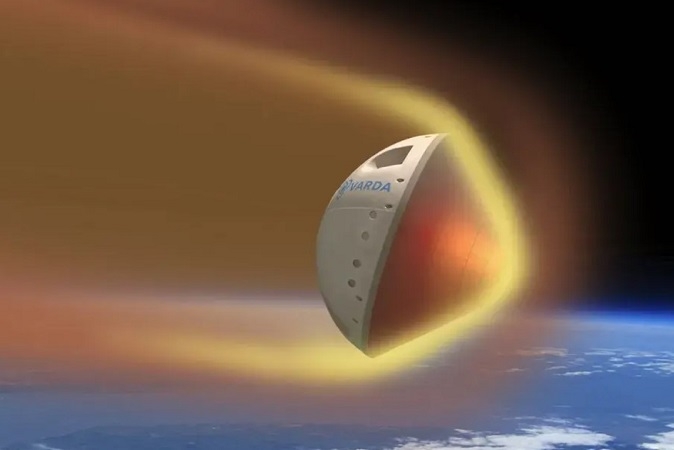
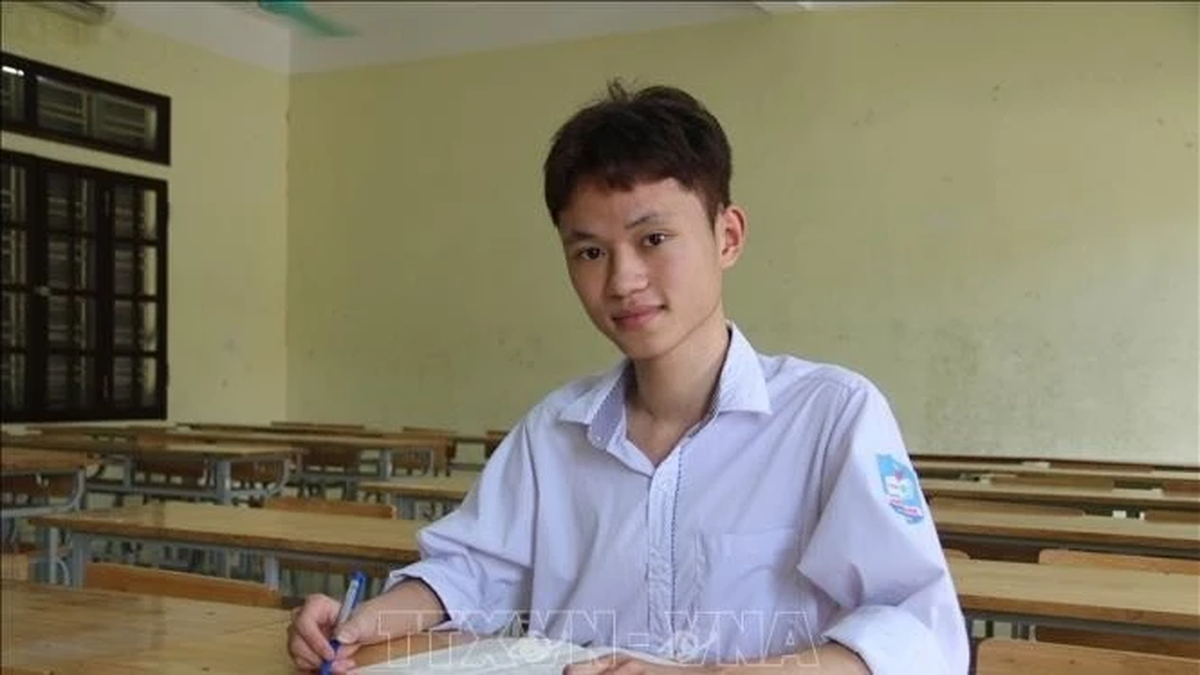

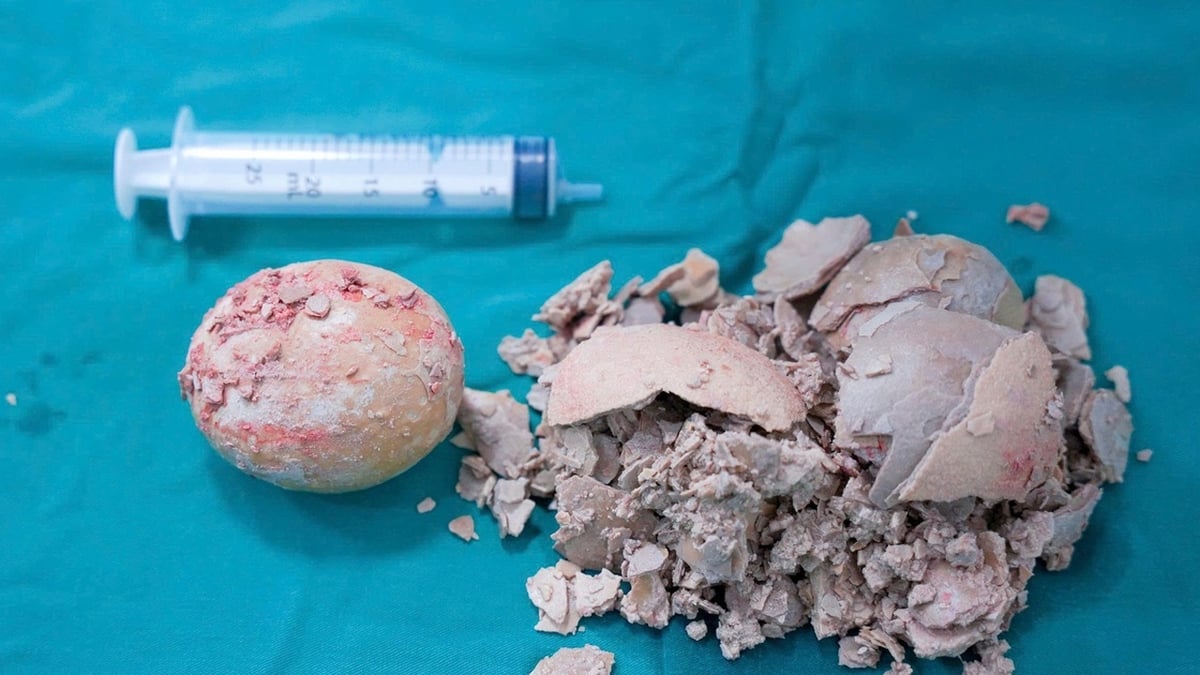
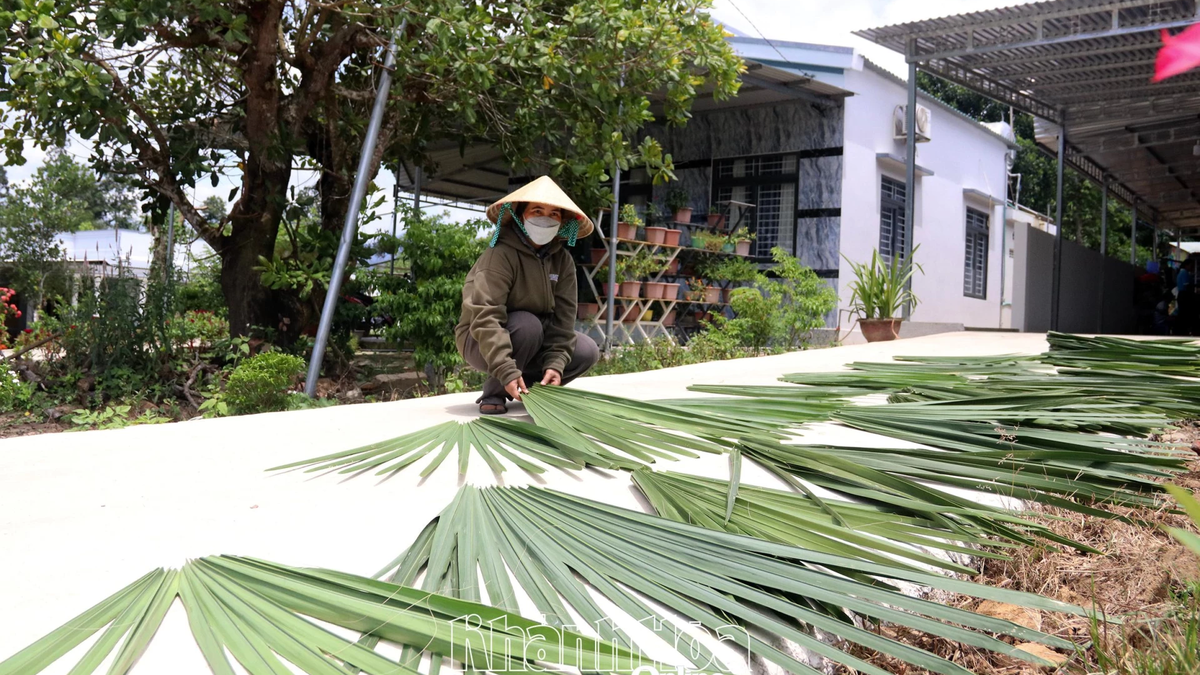


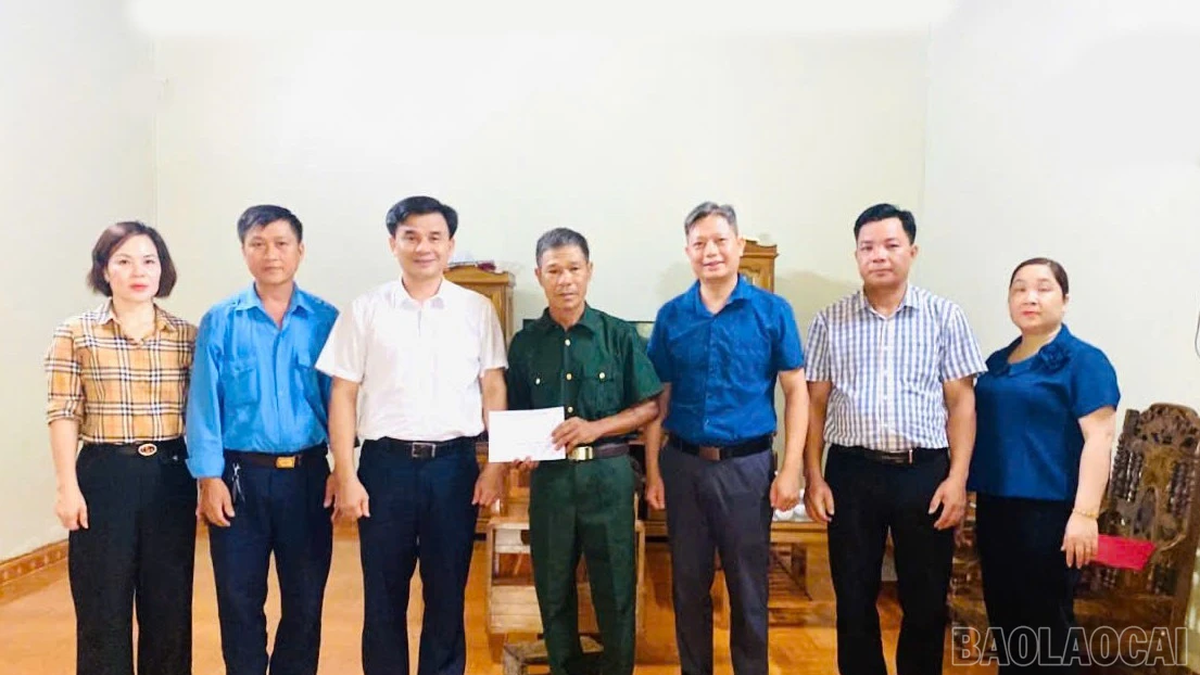











































![[Maritime News] More than 80% of global container shipping capacity is in the hands of MSC and major shipping alliances](https://vphoto.vietnam.vn/thumb/402x226/vietnam/resource/IMAGE/2025/7/16/6b4d586c984b4cbf8c5680352b9eaeb0)













































Comment (0)